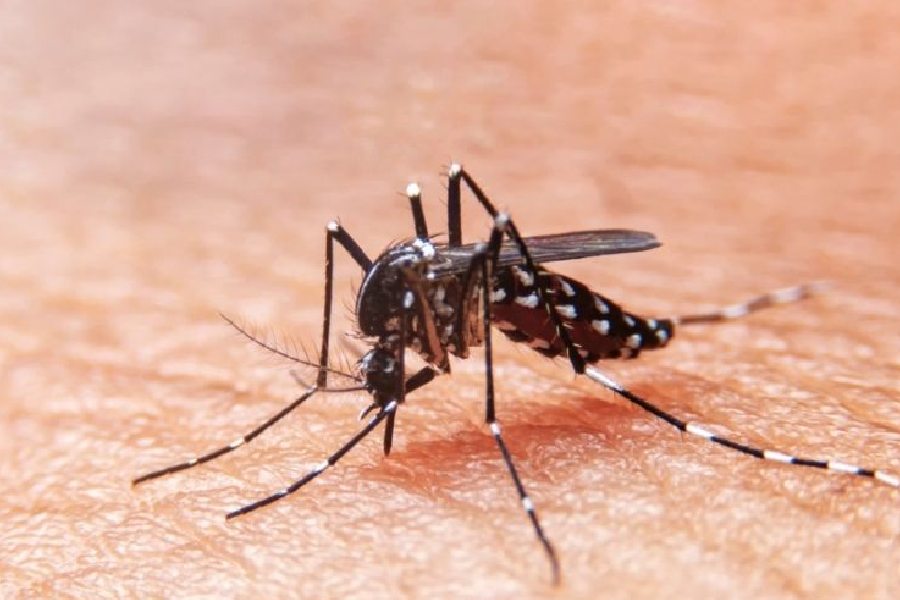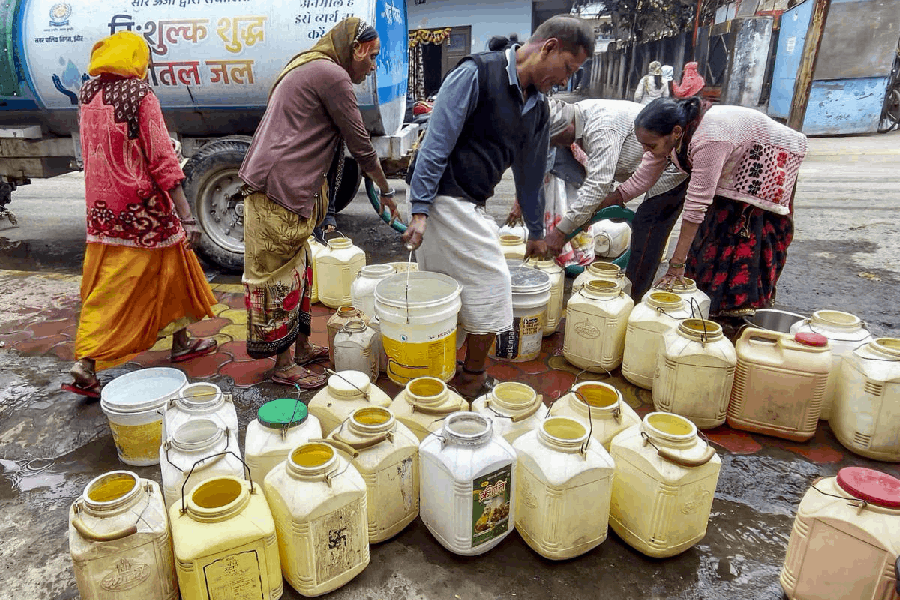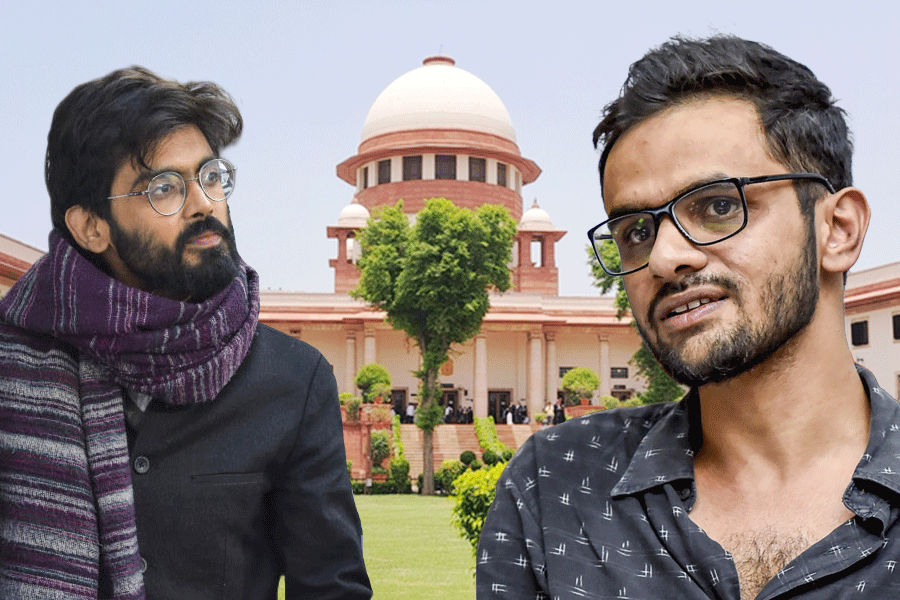A 13-year-old girl from Dum Dum Cantonment, who had been hospitalised for 10 days, died of dengue on Saturday morning.
Saroni Banerjee’s death certificate from the private hospital listed “septic shock and dengue shock syndrome” as the immediate cause of death. It also cited “multi-
organ failure” and “disseminated intravascular coagulation”.
The girl’s mother said the Class VII student returned from school with a fever on June 9. The family had visited Digha about a fortnight ago, she said.
The family consulted a local doctor, but when the fever persisted, they admitted her to a hospital run by the South Dum Dum Municipality on June 17.
“Her condition kept worsening. Though the hospital ran several tests, we were
not shown the results. The doctors informed us on June 19 that she had further deteriorated and needed life support,” Saroni’s mother Geetika Dey Banerjee told The Telegraph.
The family then took her to a private hospital in Dum Dum, and later shifted her to a “less expensive hospital” in Topsia.
“The first hospital in Dum Dum charged us ₹3,000 in two hours. We would not have been able to afford it,” said Geetika.
She works as a field-level health worker with the Dum Dum Municipality. Among her duties is monitoring and destroying mosquito breeding sites and counselling residents to keep their neighbourhoods clean.
Geetika’s husband works as a plumber for a company in Madhyamgram.
Neighbours of the family in Gorabazar’s Manujendra Dutta Road said they were not happy with vector control work in the area. Piles of solid waste lie strewn on vacant plots in the area and are rarely cleared, they alleged.
The Telegraph saw plastic cups and plates strewn around the compound of an under-construction building next to where the girl’s family lives.
Experts said even a small container can become a mosquito-breeding ground if rainwater is left undisturbed in it for seven days.
Harendra Singh, chairperson of the Dum Dum Municipality, said two dengue cases have been reported from the municipal area this year. “Saroni was one of the two dengue cases reported this year,” he said.
“We checked the surrounding areas after she tested positive for dengue, but could not find any mosquito larvae.
But we are continuing with our vector-control work,” he said.
Calcutta’s mayor Firhad Hakim said in the Assembly on Thursday that 115 dengue cases had been reported from the city this year. The number was lower compared with the past few years, he said.
But experts warned that any complacency would lead to a surge in cases, especially with the arrival of the monsoon and a rise in the volume of rainfall predicted by the Met office.
The website of the World Health Organisation (WHO) says that dengue virus is transmitted to humans through the bites of infected female mosquitoes, primarily the Aedes aegypti mosquito. The WHO suggests “disposing of solid waste properly and removing artificial man-made habitats that can hold water” to prevent mosquito breeding.










